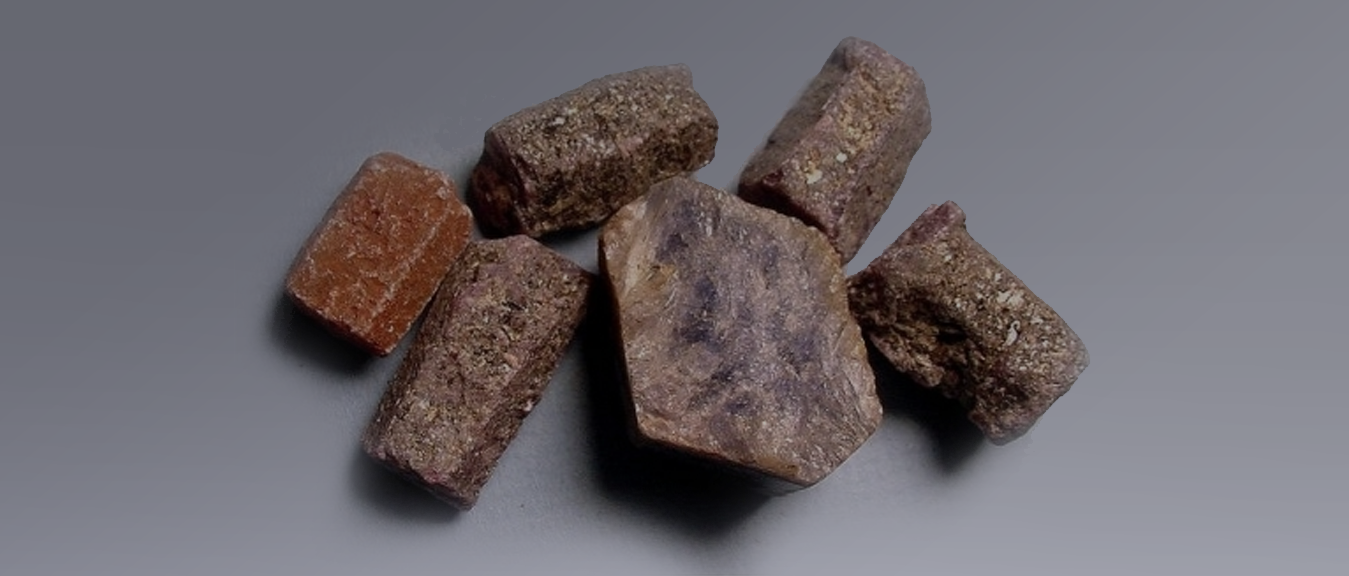‘Rich and Rare Were The Gems She Wore!’
Corundum is one of the most popular minerals that make up the Earth’s crust. Hard in composition and magnetic in property, this mineral is the reason behind the existence of your favourite precious gemstones i.e. Ravishing Red Rubies and Brilliant Blue Sapphires.
You might be surprised and may not want to believe this but yes, it is indeed true! Sapphire and Ruby exhibit the same mineral structure and composition. It is the elements of traces in them that ultimately decide their fate. This is the beauty of impurities in the mineral that decides its final closure and imparts wonderful results. Let’s understand which element forms which precious gemstone:
-
How is Ruby formed?
It is the element Chromium that produces the dominant red colour. Basically, this chromium gives a pinkish hue to the mineral, when this is found in enough quantity, we get the deep red ruby. This corundum is then heated and polished thoroughly to intensify the colour red.
-
How is Sapphire formed?
Aren’t Sapphires extremely desirable? It is the presence of iron and titanium that makes them highly valuable and loved. The various hues produced by the presence of these elements range from light blue to rich blue and violetish blue.
-
What are Fancy Sapphires?
These trace elements impart different colours to the mineral corundum. To denote, pink sapphire, green sapphire and yellow sapphire altogether the adjective fancy is used. Isn’t it amazing to witness the wonders of this mother Earth? It is unbelievable as to the amount and variety of colours a single gemstone can produce.
Mining Corundum may be easy due to its hardness, however, finding those exclusive red and blue coloured corundum is rare and difficult. KGK follows stringent techniques to prevent the mineral from breaking to get exclusive and rare pieces for you. Moreover, it invests in primary gemstone mining in South America and Africa to source the most authentic and highly desirable exotic coloured gemstones.










